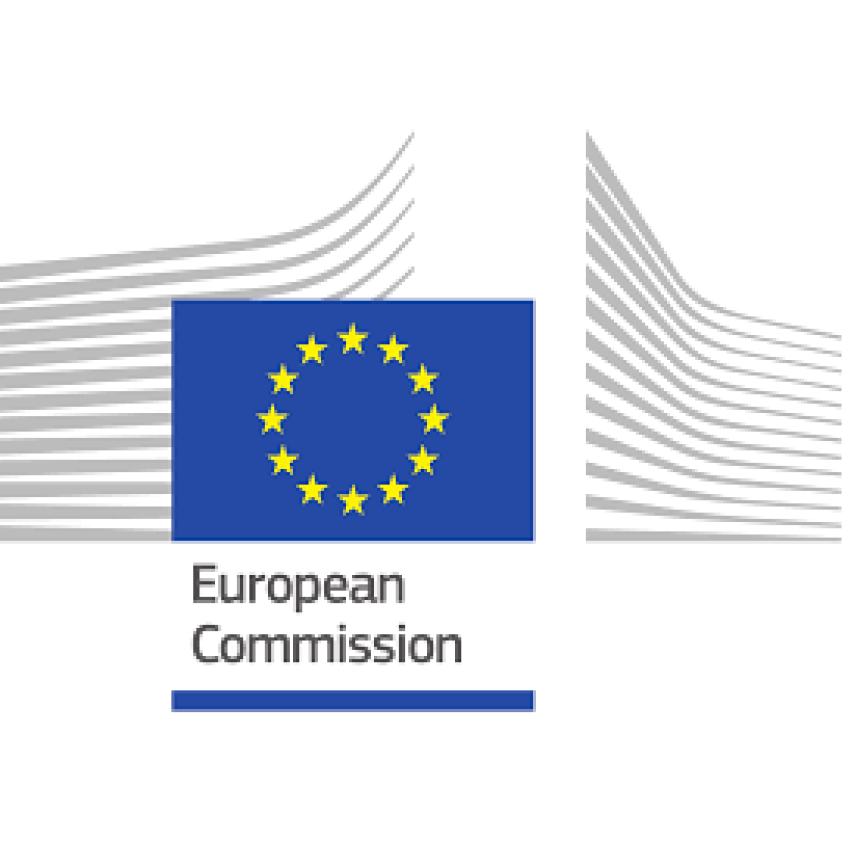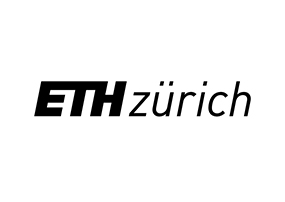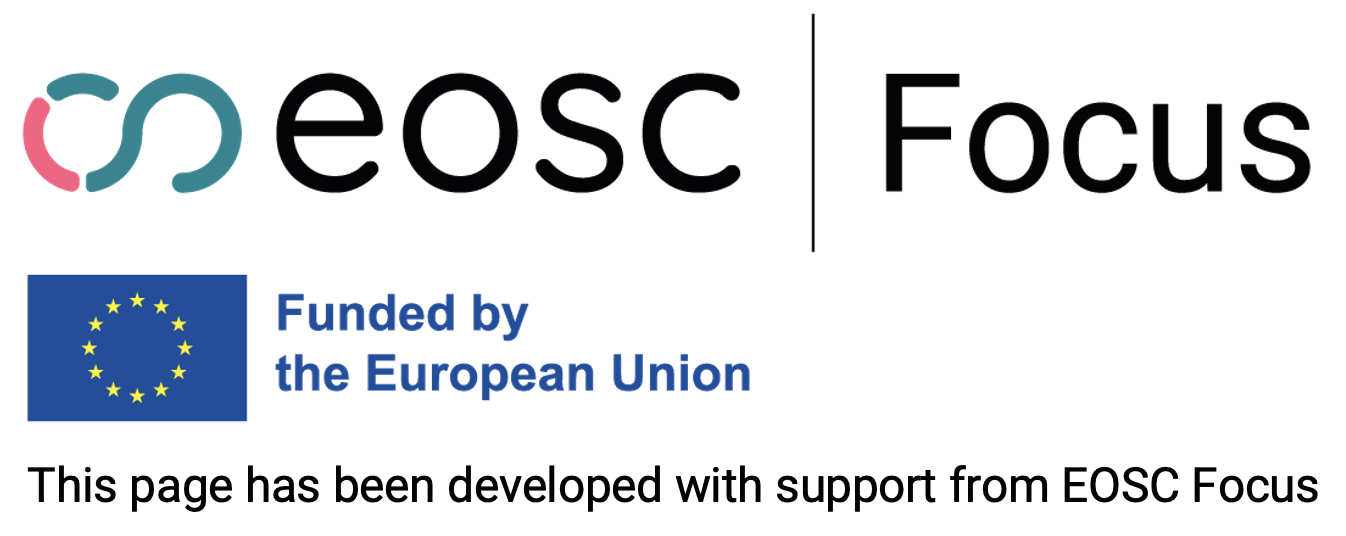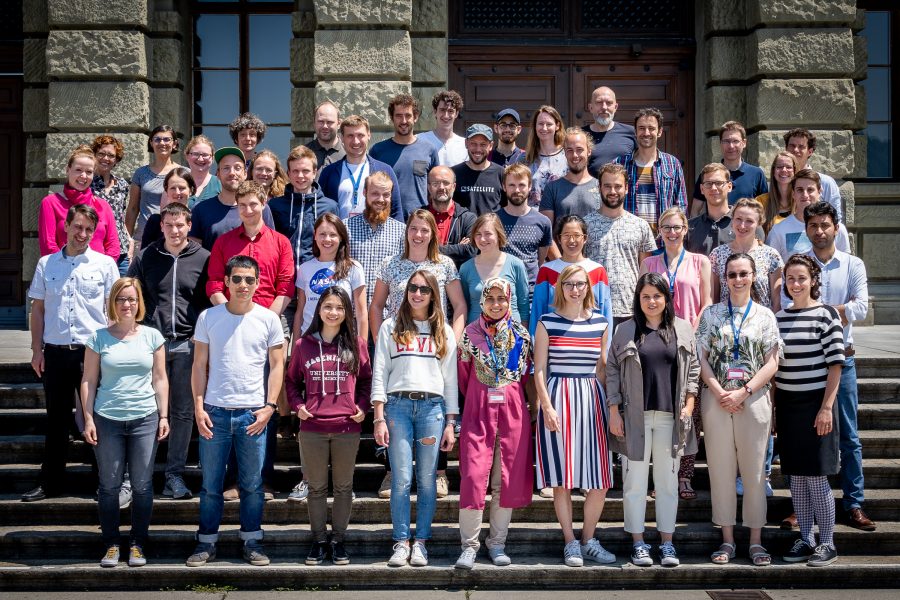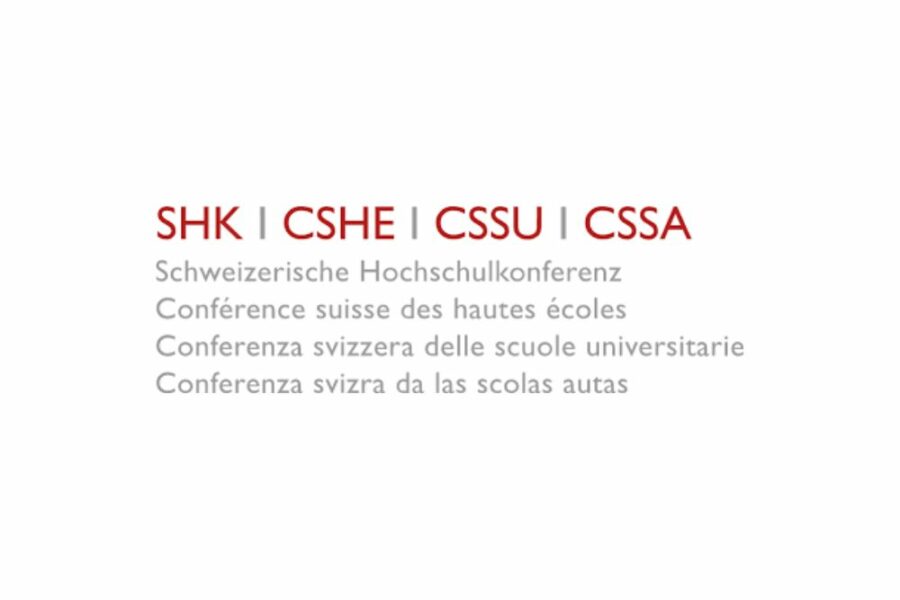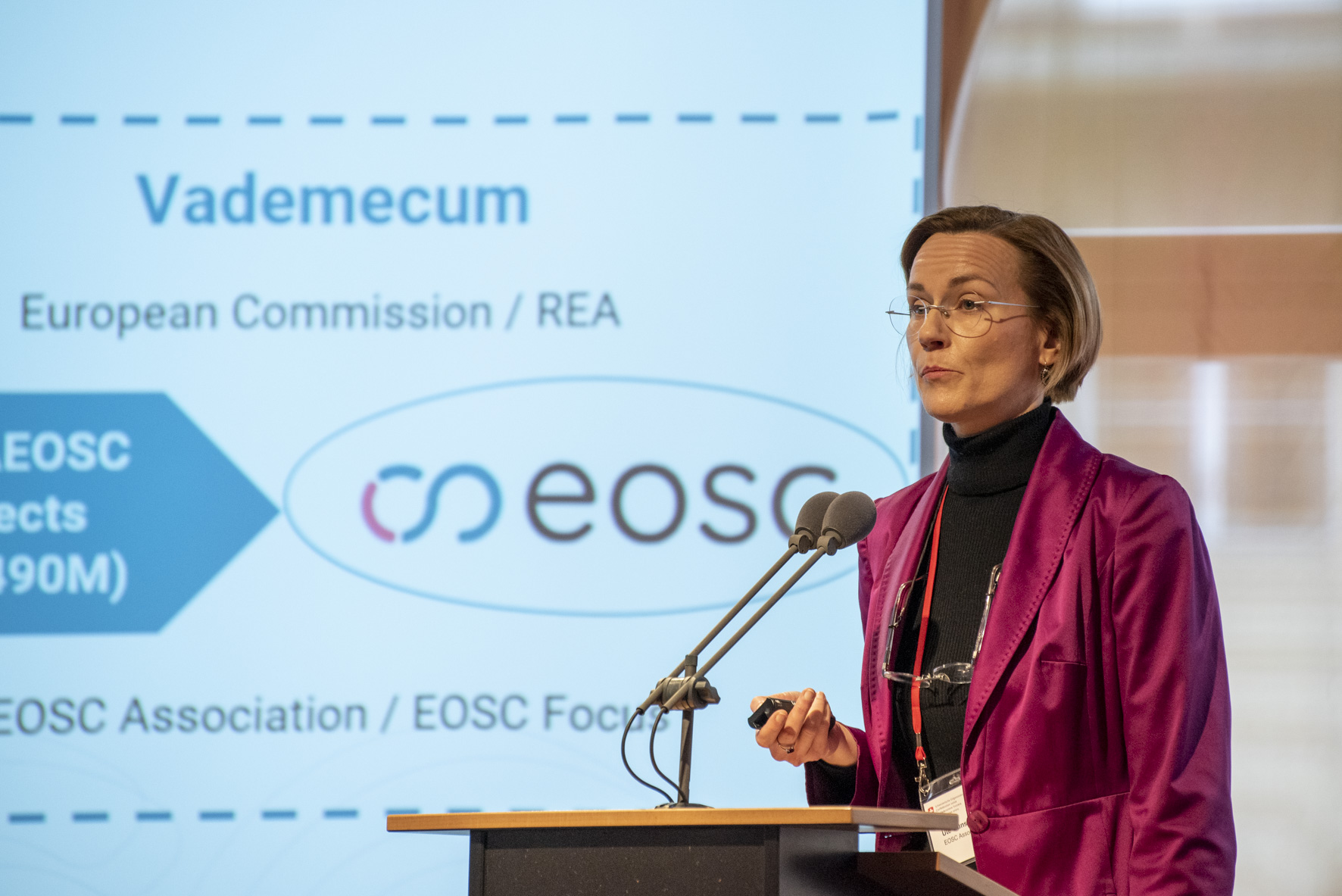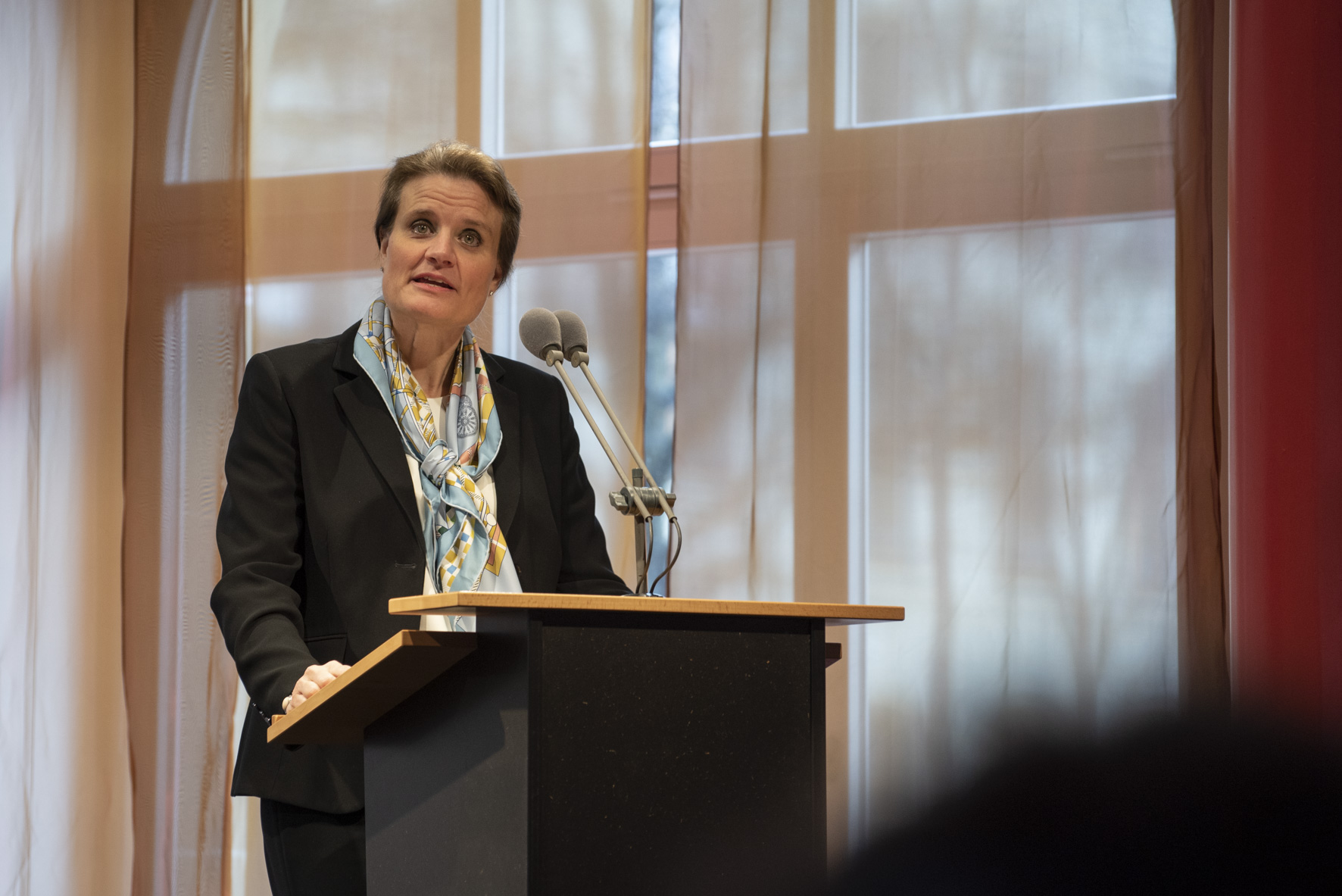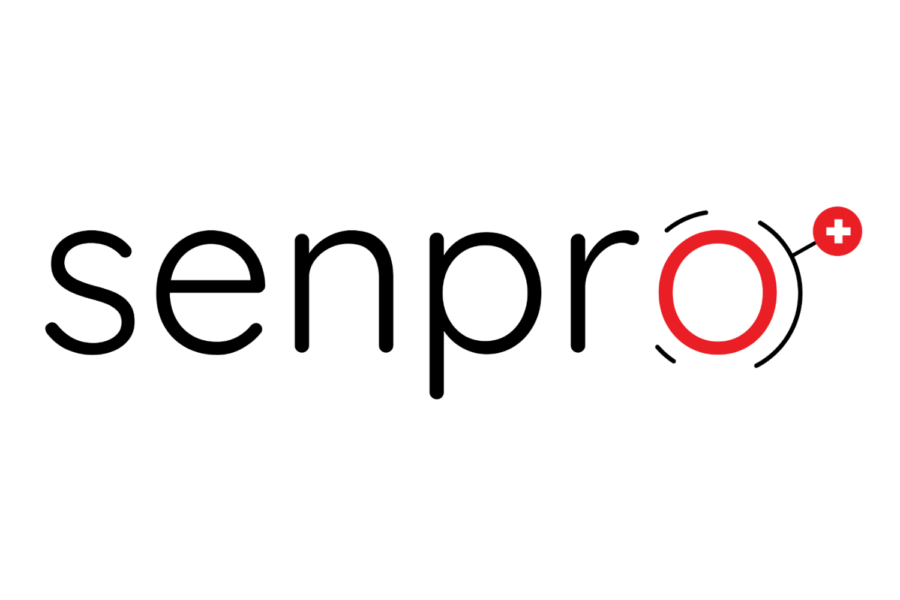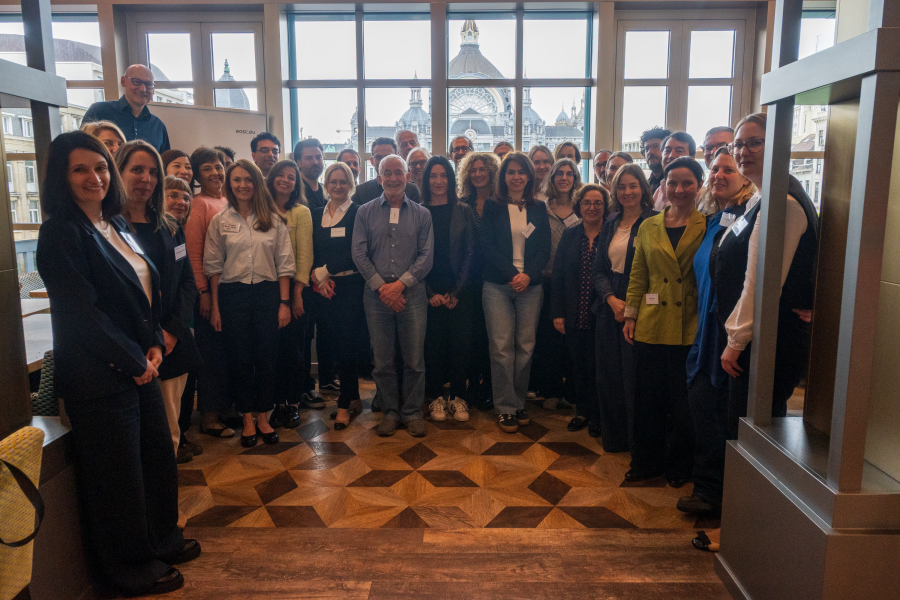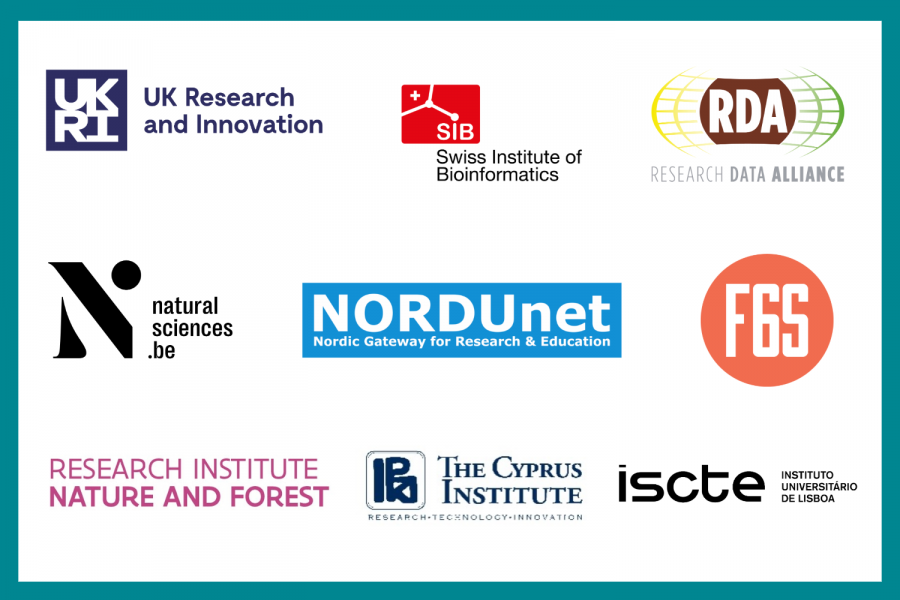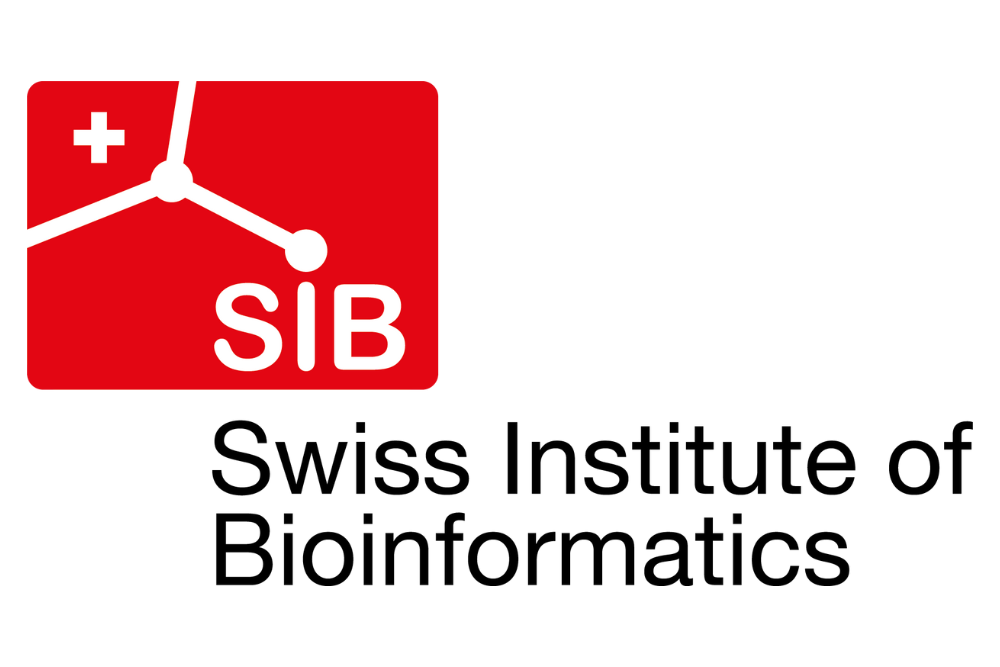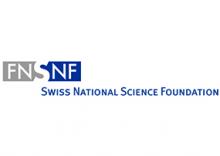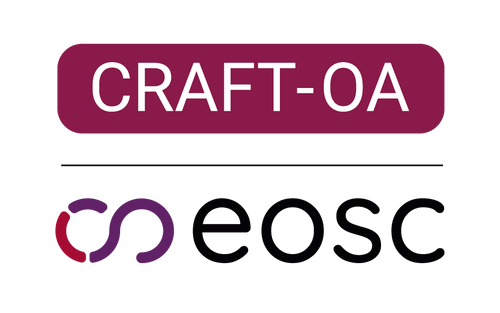
Switzerland
Overview
Switzerland has a long-standing scientific tradition, and Swiss-based researchers are worldwide recognised for their scientific work. Switzerland has produced several analyses andstrategies to map the road towards Open Science in the country. Compared to other European countries, Switzerland is ahead in the curve in the adoption of Open Science practices, and has a structured plan to develop this further.
Open Science is in Switzerland divided in two topics: Open Access and Open Research Data. The country is one of the leading countries of Open Access in Europe; especially on Green OA, Switzerland has the highest amount of published articles, only behind the United Kingdom. Also, in their most recent strategy on Open Access (covering the period 2021 to 2024), Switzerland takes a leading role by striving to making 100% of their publicly funded research Open Access.
The relationship between the EOSC and Switzerland is different from most countries in the SWOT analysis, due to the fact that Switzerland is currently not associated to Horizon Europe or of the EOSC Steering Board. This limits the connection between EOSC and Switzerland.
Mandated organisation
National Structure
Rector’s conference
EOSC in Practice
Embracing the principles of transparency, reproducibility, and accessibility, these examples highlight the innovative approaches adopted by researchers across various disciplines. From open data sharing and collaborative platforms to pre-registration and open peer review, these practices enhance scientific integrity and contribute to the advancement of knowledge.
National Events
EOSC National Event Switzerland
8 March 2023, 08:30 – 15.30 CET Invitation-only event This half day event is being organised by the Swiss State Secretariat for Education, Research and Innovation and EOSC-A, in collaboration with the Mandated Organization. The main...
Policies
Programme Open Science II – 2025 to 2026: Switzerland’s second iteration of the Programme Open Science continues the work of its predecessor. It sets out the strategy to develop Open Science in Swiss Higher Education Institutions and research communities sustainably. The programme is based on the Swiss National Open Research Data Strategy and the Swiss National Open Access Strategy, accompanied by an action plan (in German). * The programme was scheduled to run for four years but has been shortened to 2025-2026 due to financial policy developments.
The programme, approved by the Higher Education Council of the Swiss Conference of Higher Education Institutions, is structured into three dimensions:
- Open Access to Scientific Publications (OA): Implementation of the goals and measures of the Swiss National OA Strategy. In the shortened programme, the following five lines of action will be implemented: cost monitoring; negotiations with publishers; long-form and other publication formats; green Open Access; and diamond Open Access.
- Open Research Data (ORD): Activities and measures of the Swiss National ORD Strategy and the associated action plan, which are under the responsibility of swissuniversities, will be continued and consolidated. The following five action lines will be implemented: A1: Swiss Open Research Data Grants (CHORD); B3.2: ORD funding for existing infrastructures of strategic relevance; B5.2: ORD specialists / data stewardship at HEIs; B5.3: Swiss Research Data Support Network; and support for higher education institutions in projects for the ORD Strategy Council.
- Further innovative areas of Open Science: dedicated to the promotion of Open Science-compatible knowledge and technology transfer between Higher Education Institutions and industry and society. The following two action lines will be implemented: cooperation with international organisations; and knowledge security.
Open Access policies: All results from public funded research must be 100% Open Access. All Swiss higher education institutions (HEI) have to draft their own Open Access Policy, with the minimum requirement that Open Access rules are applied to “scientific works published in journals and books (i.e. monographs, anthologies, book chapters)” as defined by the SNSF policy.
Open Research Data: SNSF expects all its funded researchers and research organisations to
- put in place the infrastructure and guidance so that research data they have worked on and produced during the course of their research work are properly managed. The preparation of data management plans prior to starting research activities is encouraged,
- share these data with other researchers, unless they are bound by legal, ethical, copyright, confidentiality or other clauses, and
- deposit their data and metadata onto existing public repositories in formats that anyone can find, access and reuse without restriction.
Research data is defined as any collected, observed or generated factual material that is commonly accepted in the scientific community as necessary to document and validate research findings.

Swiss National Open Access Strategy
Open access scholarly publications bring added value to society, the environment, politics, and the economy through the dissemination of publicly funded research findings. The revised National Open Access (OA) Strategy continues and further develops the 2017 OA Strategy by considering current international and national developments as well as past experiences with the overarching aim of further advancing the OA transformation in Switzerland. The OA Strategy was revised in 2024 by swissuniversities and the Swiss National Science Foundation (SNSF), the two Strategy partners. Download nowPeople
-
National Event Switzerland 2023
News from Switzerland
Members and Observers from Switzerland
EU Projects
Please find here the EOSC-related projects where members from this country are involved as partners.










































